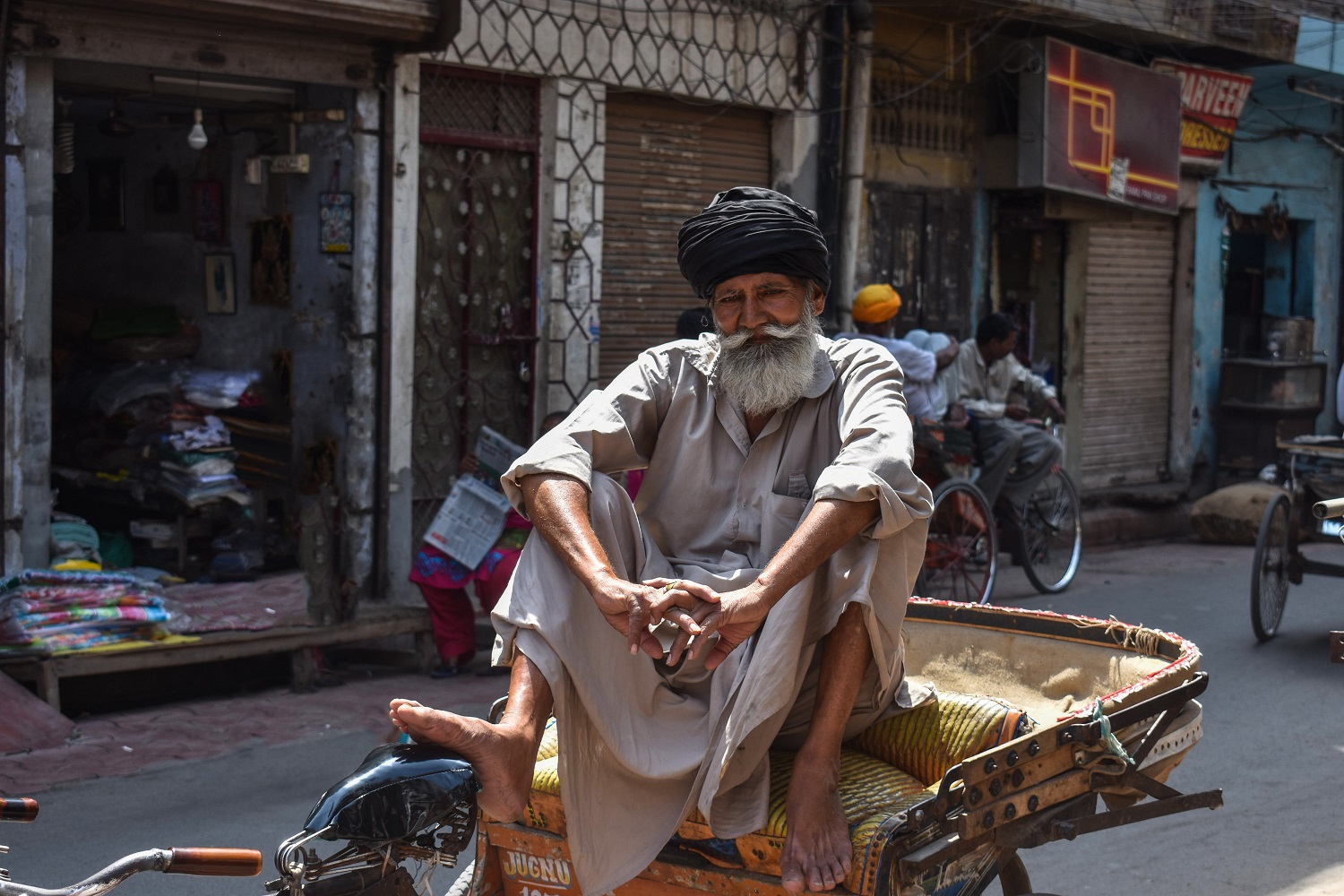
Sitting by the little rocking chair outside her little hut, the 20-year-old Chanda looks at the toilet with tears dripping by her eyes. Only if she could have gotten it built earlier, would she have saved her daughter from a venomous snake bite in the bushes. Chanda hails from the farming community in Madhya Pradesh. Abandoned by her in-laws, her two children and she had nobody to resort to for their financial assistance. There were no toilets in the village as a result of which people defaecated in the open and that was how she lost her elder hope.
Just then, in 2010, UNICEF and the Self-Employed Women’s Association (SEWA) decided to enter into a partnership in order to pilot an unconditional cash transfer experiment in the rural areas of the state of Madhya Pradesh. It gave a hint of the goal to pursue basic income. Chanda along with many of her neighbors registered for this basic income, the sole requirement being that they needed to open a bank account within three months of its launch. The transfers were made with no conditions attached as to how they should be spent. Initially, in the general pilot, each adult received 200 rupees a month and each child ra 100 rupees. After one year, the amounts were raised to 300 and 150 rupees respectively.
Chanda and her female friends (365) outnumbered the men (117) in the village on the ground of Financial Inclusion. 95.6% of the individuals had bank accounts within 4 months while for the remaining 4%, accounts were opened in the next 3 months. Totally the basic income went to 5547 accounts in the 8 villages covered by the general pilot experiment.
The basic living conditions improved considerably in the villages starting with the improvement in the sanitation space. About 16% of the households including Chanda’s, constructed toilets at their homes with the help of the money received. Some of the basic income was utilized in order to get better access to drinking water especially in tribal villages. There were significant improvements in private water sources in the tribal villages which were meant both for household as well as for irrigation. Chanda now uses a better cooking fuel which creates a lesser volume of smoke in the house and thereby less intake of the harmful carbon monoxide.
Looking at this lucrative yet achievable story, the idea of why the Government, for years have postponed the idea of Universal Basic Income (UBI) is indeed intriguing. The former term dates back to the 18th Century from which it gained momentum on account of increasing risks of social exclusion, economic downturns and growing inequality. The Economic Survey of India, January 31st, included a forty-page chapter that had Universality, Unconditionality and Agency as the three key components of the proposed programme.
Universal Basic Income is a Guaranteed Income Model (GIM) for providing all citizens of a region with a definite sum of money regardless of their income, resources or employment status. According to the advocacy group Basic Income Earth Network (BIEN), the essential principle for providing UBI is to ensure that every individual is entitled to a liveable income, regardless of whether they contribute to production or not. There are two main types of GIM models, the UBI system and the Basic Income Guarantee Systems (BIG), however a third model called the Negative Income Tax also exists. While the former two are concentrated on providing money directly to the individuals, the latter is focused on individual tax returns.
With about 60% of the Indian Population involved in agricultural work and agrarian distress being an omnipresent issue, it’s high time for the Government to recognize and deliver a means to the section of individuals that will curb inequality to a considerable extent. In the chapter dedicated to the same, former Chief Economic Advisor, Dr. Arvind Subramanian, calculated the amount to Rs. 7620 for 2016-17 based on the Tendulkar formula for poverty line. The survey had estimated that such a model would cost 4.9% of India’s GDP in comparison to the 5.2% of GDP spent on all 950 central sector and centrally sub-sponsored schemes. He also went on to propose a Quasi UBI targeting specific demographic groups like women citizens to tackle the problem instead of a nationwide project on account of feasibility issues.
But what would be the positive gains if UBI was to be implemented in this country. Reports suggest, implementation of UBI can bring down poverty from 22% to 16%. Additionally, the problem of farming debts might be alleviated. The farmers can use their income to invest in their side-business and also help tackle the huge issue of unemployment because people might not have to look for jobs they aren’t wholly satisfied with. It is normally visible that women emerge bigger victims of poverty than men. A direct transfer of a significant amount into their bank accounts everyday will not only empower them financially but help them invest in new business ventures where they foresee a long-term benefit. With an extra guaranteed income for people already earning, they can focus into opening small businesses and further contribute to the Indian Manufacturing sector.
Challenges
nevertheless prevail, namely, feasibility issues, income disparity, increased
labour cost and inadequate cash transfer to name a few but looking at the sheer
failure of farm loan waivers, the Government can definitely give this bit of
UBI a try.
Bidisha Bhattacharya works ScrollStack. Prior to
this she was a Consultant to the Fifteenth Finance Commission, Government of India and has worked as a Political Researcher in Prashant Kishor’s Strategic Research and Insights (SRI) team at I-PAC.